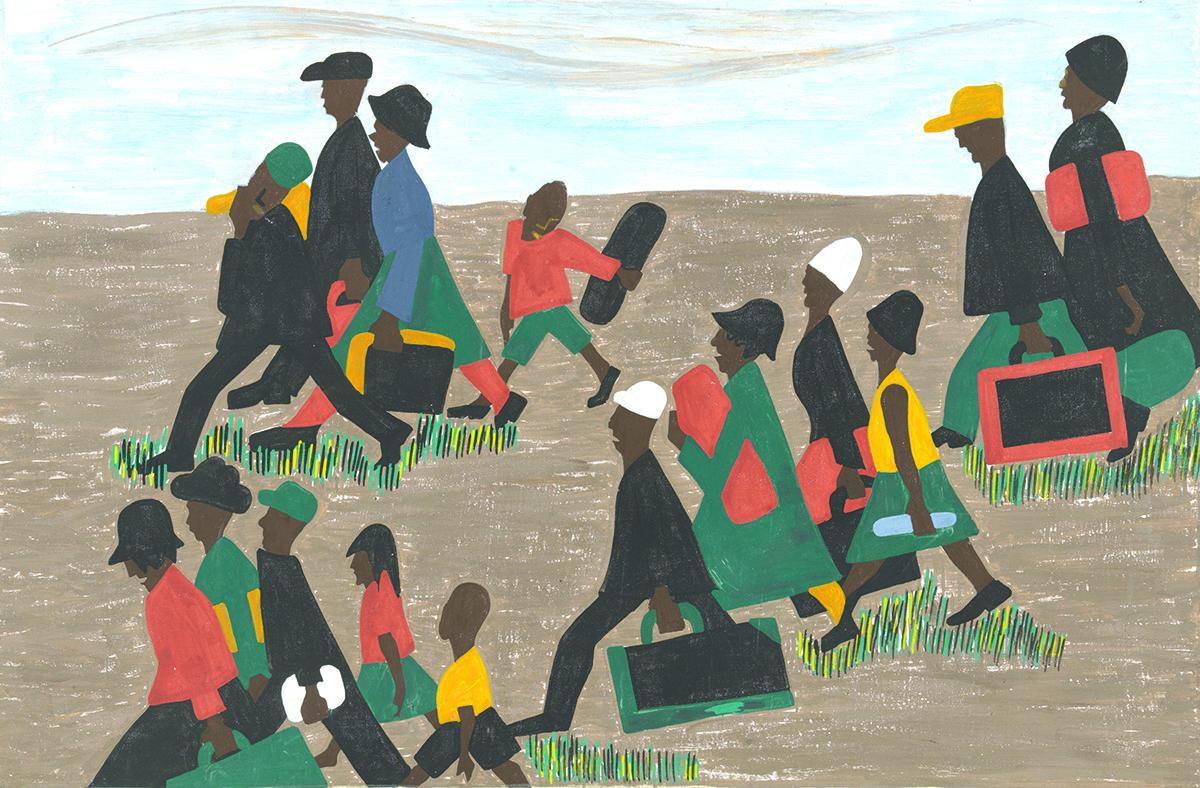Prior to reading the primary sources about President Lincoln and his actions before the Civil War, I was unaware of his stance on Slavery and emancipation. The main source that demonstrated his position on slavery to me was the letter he wrote to Horace Greeley.
I was always taught growing up that President Lincoln was the President who freed all of the slaves, which painted him as a hero in my eyes, and I’m sure in the eyes of my classmates as well. But, in reality his goal was not to free the slaves, but to save the union. he made this explicitly clear in his letter to Horace Greeley, “My paramount object in this struggle is to save the Union, and is not either to save or to destroy slavery. If I could save the Union without freeing any slave I would do it, and if I could save it by freeing all the slaves I would do it; and if I could save it by freeing some and leaving others alone I would also do that” (President Lincoln). Clearly as the war waged on President Lincoln saw freeing the slaves as an advantageous military strategy, which was his ultimate motivation for the Emancipation Proclamation, not because he was an abolitionist. This was interesting to me because again it demonstrates how history books you read as a child tend to be extremely biased. I think its important for children to be taught history from an unbiased perspective, rather than a white washed one. Had I never read this primary source my viewpoint on President Lincoln most likely would have never changed. Although he did ultimately free the slaves, I think it would have been extremely interesting to be able to read about the types of policies President Lincoln would have established during Reconstruction had he not been assassinated. Those policies most likely would have shed more light on President Lincoln’s true colors.
